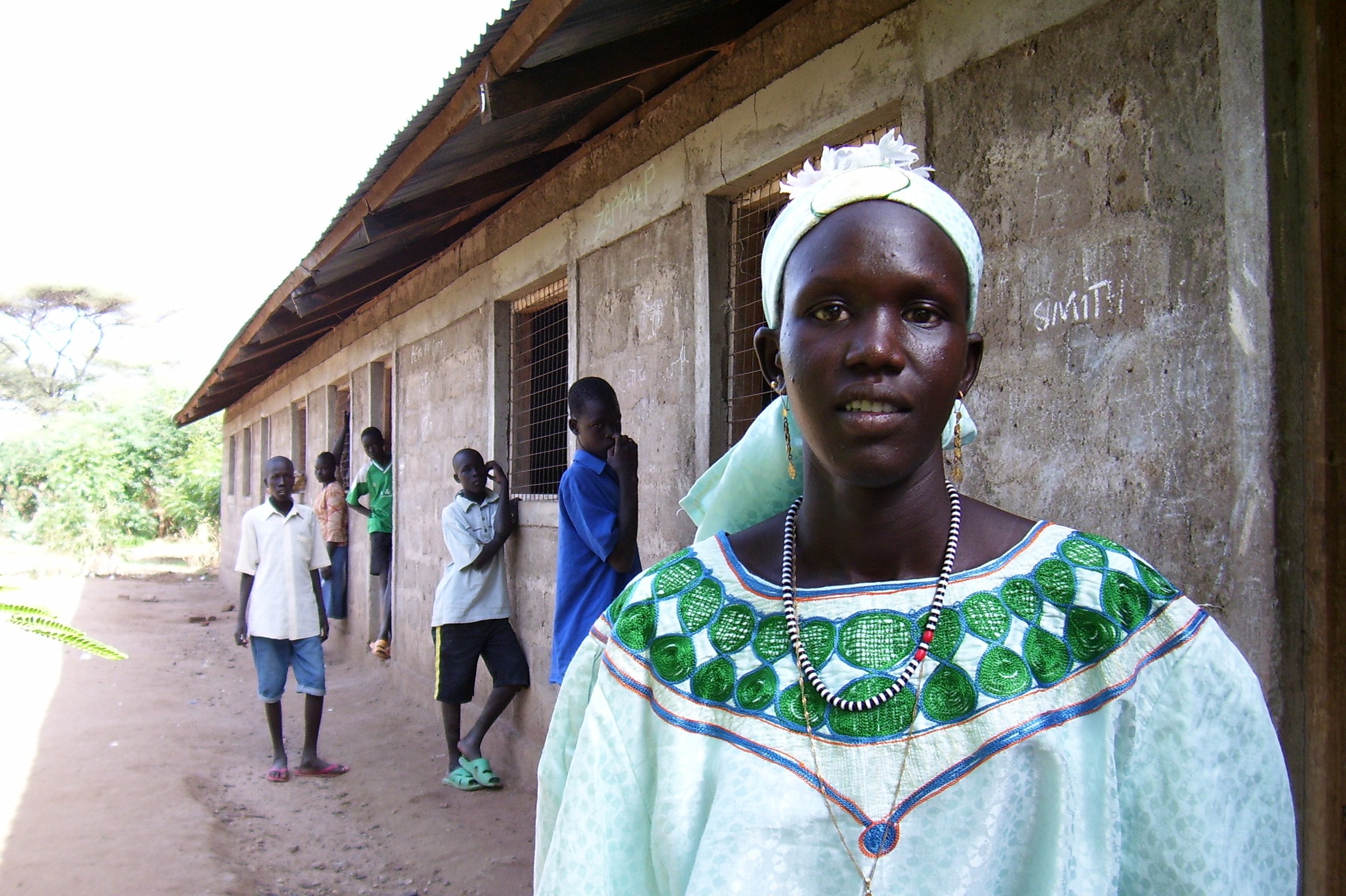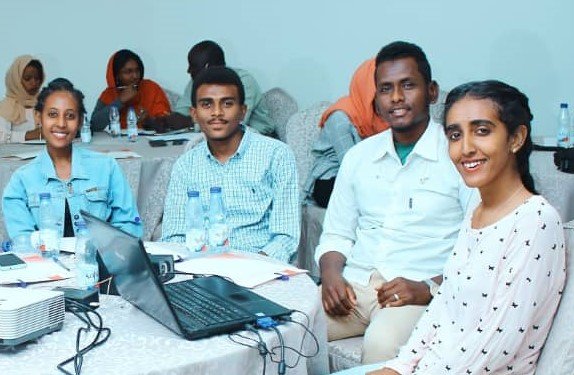Alternative education
Not everyone is able to follow a traditional educational path, especially those in fragile states such as Sudan and South Sudan.
We develop alternative education strategies to bring non-traditional learners back into education. We also provide vocational skills training to ensure that everyone leaving school has the ability and opportunity to support themselves and their families.
Conflict, poverty, illness, forced marriage, pregnancy: these are just some of the reasons why students may drop out of school, and all too often there is no way back. Without an education there is little way to earn a living. This leaves young people vulnerable, including to being drawn into armed conflict or exploited by traffickers.
Low enrolments and dropping out is a particular risk for girls. Girls can be valued more as a financial resource to be traded through marriage than as a daughter deserving of education. All across Sudan, South Sudan and Somaliland, girls’ learning has been neglected for decades, with very few completing primary or secondary education.
In South Sudan, for example:
Fewer than 3,500 girls completed secondary schooling in South Sudan in 2017. Female enrolment rates were just 5%, and many dropped out after enrolment.
By 2020 this number had risen to over 11,000 enrolled, but Covid-19 school closures exacerbated the problem and all but wiped out gains made in recent years.
South Sudan’s history of civil war, poor quality social infrastructure and a chronically weak economy means that a conventional approach to addressing this problem, reliant on building schools and classrooms to increase enrolment, is simply unrealistic.
Improving vocational skills
We work with national education ministries to develop and implement accelerated education programmes at both primary and secondary level exclusively for over-age learners who are looking for a way to complete their education without disrupting their lives and responsibilities.
We also recognise that the opportunity to develop valuable vocational skills is lacking in both South Sudan and Sudan and provide opportunities for learners to study employment-focused and vocational courses including mechanics, nursing, bookkeeping and electrical installation, among others.






